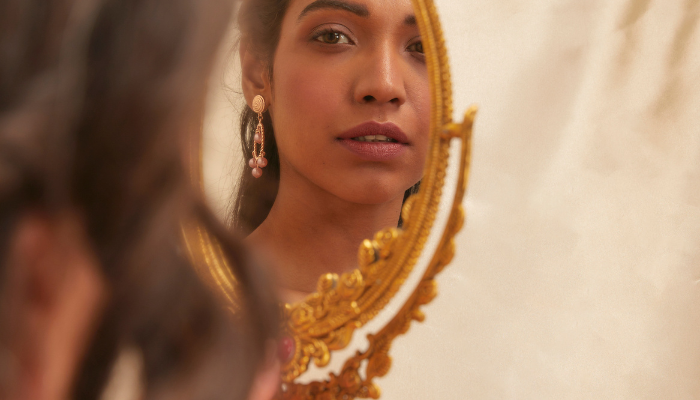If you inject the word “unofficial” into the title of a work, does that save you from copyright infringement troubles? Abigail Barlow and Emily Bear, the creators of the wildly successful Unofficial Bridgerton Musical, have been learning about this the hard way in recent months.
The pair of Tik Tok musical influencers, known as Barlow and Bear, have progressed at a steady pace toward a live-action stage musical based on the hit Netflix show Bridgerton. They even won a 2022 Grammy for the Unofficial Bridgerton Musical soundtrack.
One would assume that they proceeded with Netflix’s blessing. But the streaming network giant has issued a lawsuit for “blatant copyright infringement” against the two songwriters.
What About Barlow and Bear’s Representation?
One of the most puzzling pieces about this lawsuit is that Barlow and Bear have legal guidance. Had they been operating independently, they might have understandably demonstrated some IP naïvete.
However, their lawyer has been in talks with Netflix throughout much of the Unofficial Bridgerton Musical process, and it now appears those talks have fallen short of officially licensing the source material from Netflix.
One wonders what conversations happened behind closed doors – and why Barlow and Bear would choose such a legally risky path.
Copyright Infringement: When Unofficial Breaches Commercial
The main sticking point for Netflix is the commercialization of the Unofficial Bridgerton Musical. The streaming service professed a laissez-faire attitude toward the musical as it evolved from a Tik Tok sensation to a streaming album to a charity-based live performance.
They drew a line, however, when these shows – scheduled at the Kennedy Center in NYC and London’s West End – turned from fundraisers to for-profit performances.
Since they directly voiced disapproval of commercial ticket sales, it is unclear why Barlow and Bear pushed into this territory. Did they think Netflix would not take notice?
All Fanfiction Is Technically Copyright Infringement, But There Are Reasons to Let It Flourish
In the fall of 2021, Barlow and Bear were quoted saying that Netflix was “very, very supportive” of their musical development of Bridgerton. Apparently, that does not match Netflix’s perception.
But it is true that the streaming service does not stamp out every whiff of Bridgerton fanfiction material on the internet. For one, this kind of copyright infringement policing would become legally exhausting. More importantly, fanfiction can actually serve as free marketing for official events. In fact, Netflix was hoping to capitalize on fan fervor with their own live-action Bridgerton event.
This illustrates a philosophy we have touched on before: IP law exists for the owner to use when they deem it necessary. It is unlike criminal law in this way, where the state might pursue obligatory charges even if the victim of a crime insists on dropping them.
It seems that Barlow and Bear’s competing live event is what pushed Netflix over the edge.
Have Barlow and Bear Lost Their Chance to License?
It is virtually undeniable that Barlow and Bear drew from Bridgerton intellectual property to create their musical. Examples abound – lines, characters, settings, and plot lines directly lifted from the show. The “unofficial” title acknowledges that.
What is surprising: Barlow and Bear seem to think that the nicety of tipping their hat to the original is enough to run with Netflix’s intellectual property in their own commercial direction. But this is essentially the definition of copyright infringement. Were they given weak legal advice about a loophole that does not really work?
Furthermore, the similarities prevent claims of parody or commentary. There is not enough transformation to build either defense.
In the past, Netflix may have negotiated a licensing agreement with Barlow and Bear. But now they may have burned their bridges by talking out of both sides of their mouths. Or, at least, their representation made the mistake of telling Netflix: “We understand your terms,” while guiding the pair to flaunt those terms.
Without proper licensing, Barlow and Bear might lose more than a large chunk of the revenue they have gained. They may even have to stop production of the Unofficial Bridgerton Musical entirely.
That is the danger of poking a sleeping commercial giant too many times.
